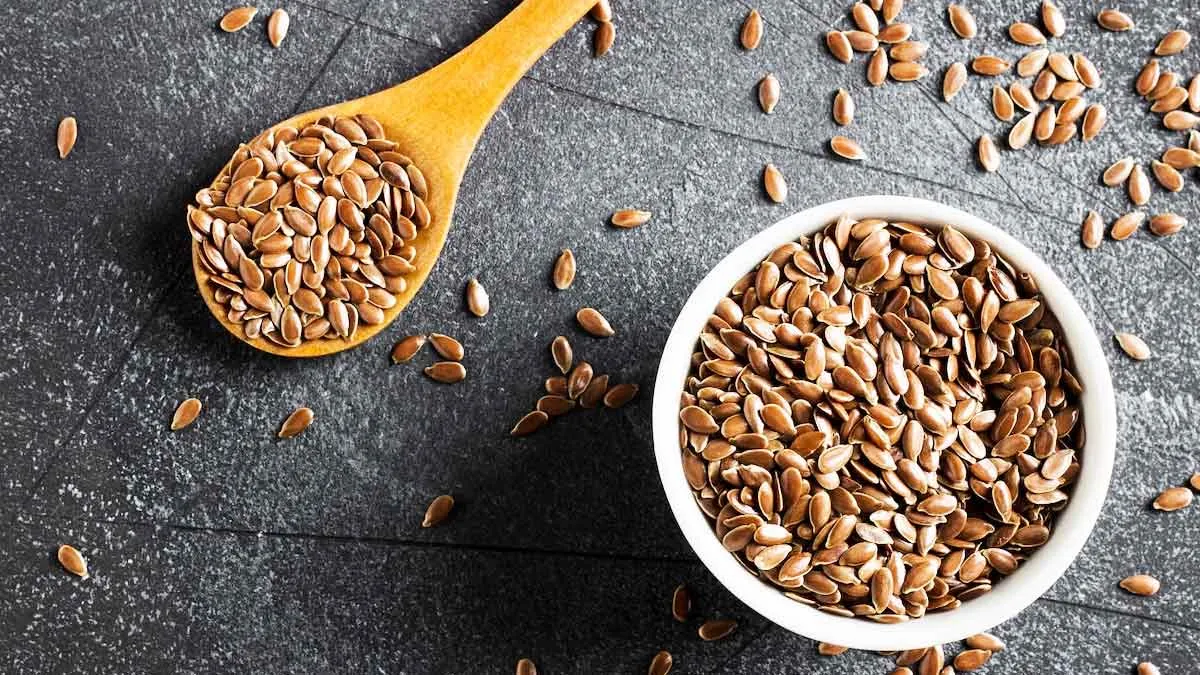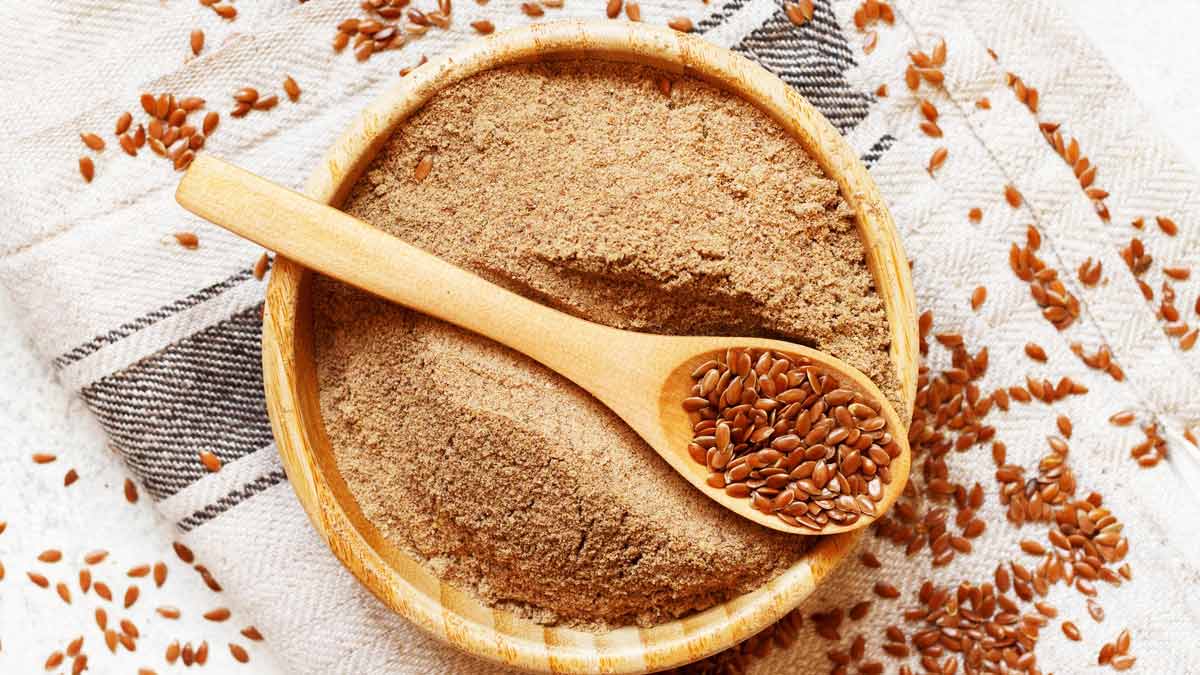
Flaxseeds, tiny but mighty, are among the most potent superfoods when it comes to supporting heart health. Packed with essential nutrients, these seeds have been widely recognised for their ability to lower cholesterol levels, reduce inflammation, and support overall cardiovascular well-being. In an exclusive interaction with the editorial team of Onlymyhealth, our expert, Dr Shrey Srivastava, General Physician, Sharda Hospital - Nodia, explained that incorporating flaxseeds into your diet can be a simple and effective way to promote a healthier heart.
Table of Content:-
Health Benefits Of Flaxseeds For Better Heart Health
Here is what Dr Srivastav shared with us:
1. Rich Source of Omega-3 Fatty Acids
Flaxseeds are an excellent plant-based source of alpha-linolenic acid (ALA), a type of omega-3 fatty acid known for its heart-protective benefits. Studies have shown that ALA can help reduce the risk of heart disease by lowering blood pressure, decreasing arterial inflammation, and preventing cholesterol buildup in the arteries.
2. Helps Lower Bad Cholesterol
One of the most well-known benefits of flaxseeds is their ability to lower low-density lipoprotein (LDL) cholesterol, often referred to as "bad cholesterol." The high fiber content in flaxseeds helps bind excess cholesterol in the digestive system, preventing its absorption into the bloodstream. This, in turn, reduces the risk of atherosclerosis and other heart-related conditions.

Also Read: Can Natural Drinks Relieve Period Pain? Find Out Here
3. Supports Blood Pressure Regulation
Hypertension, or high blood pressure, is a major risk factor for heart disease. Flaxseeds have been shown to help regulate blood pressure levels naturally. Studies indicate that regular consumption of flaxseeds can lead to a significant reduction in both systolic and diastolic blood pressure, particularly in individuals with high blood pressure.
4. Rich in Antioxidants
Flaxseeds contain lignans, a type of antioxidant that can help reduce oxidative stress and inflammation in the body. These compounds play a crucial role in maintaining healthy blood vessels and reducing the risk of heart disease by preventing plaque buildup and improving arterial function.
5. Improves Heart Rhythm
Flaxseeds may also contribute to a more stable heart rhythm. Omega-3 fatty acids are known for their anti-arrhythmic properties, helping to regulate heartbeat and reduce the likelihood of irregular heart rhythms, which can increase the risk of heart complications.

Also Read: Can Natural Drinks Relieve Period Pain? Find Out Here
How to Incorporate Flaxseeds into Your Diet
Adding flaxseeds to your meals is easy and versatile. Here are some simple ways to include them in your daily diet:
Sprinkle ground flaxseeds over oatmeal, yogurt, or salads.
Blend them into smoothies for a heart-healthy boost.
Use flaxseed meal as an egg substitute in baking recipes.
Mix flaxseeds into soups, stews, or homemade energy bars.
Final Thoughts
Flaxseeds are a nutritional powerhouse that can significantly contribute to better heart health. Their high content of omega-3 fatty acids, fiber, and antioxidants makes them an essential addition to a heart-friendly diet. By incorporating flaxseeds into your daily routine, you can take proactive steps toward improving cardiovascular health and overall well-being.
Also watch this video
How we keep this article up to date:
We work with experts and keep a close eye on the latest in health and wellness. Whenever there is a new research or helpful information, we update our articles with accurate and useful advice.
Current Version